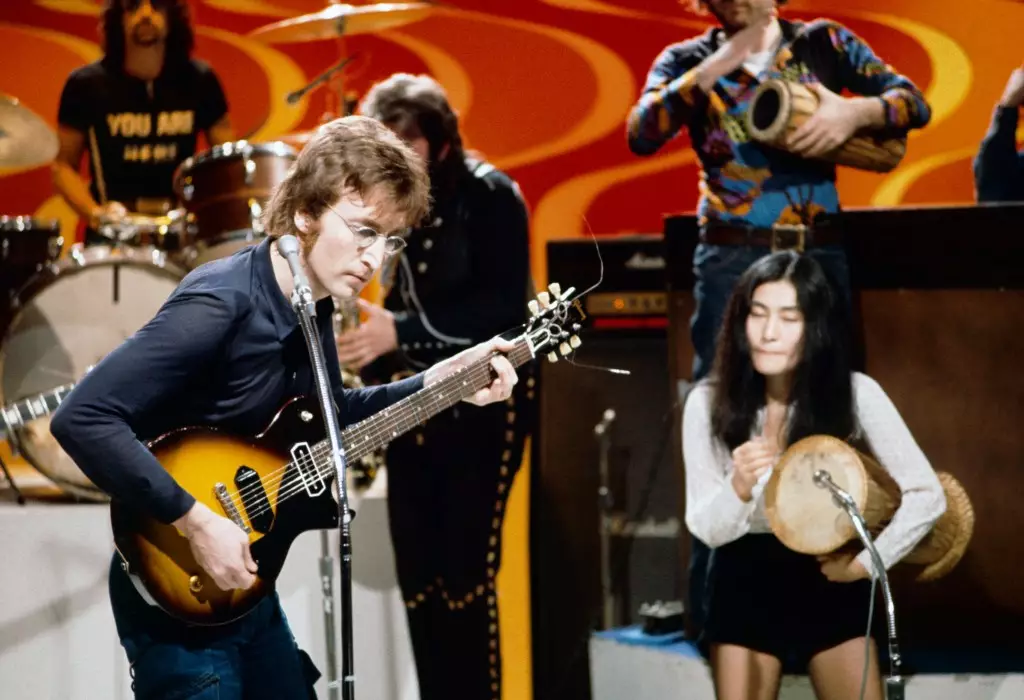As cinematic landscapes continue to evolve, a notable wave of independent films has surged onto theater screens across the country. Instead of the traditional gradual rollouts we often associate with indie gems, a surprisingly high number of these films have entered wide release simultaneously. This phenomenon is akin to a cultural renaissance, allowing audiences access to a wealth of innovative storytelling, visual splendor, and diverse voices. From horror to animation, new narratives are reshaping how we experience cinema today.
The familiar refrain of ‘limited release’ has taken a backseat as films such as *Terrifier 3*, *Piece By Piece*, *Saturday Night*, and spirited anime *My Hero Academia: You’re Next* claim broad swathes of theater space. The sheer volume of indie films making their way to audiences blurs the lines between mainstream and independent cinema. With more films gaining visibility, we must ponder the implications for both the industry and audience. While this surge offers viewers thrilling options, the risk remains that the quality of storytelling might be diluted in the rush to fill screens.
Limited releases exist but are far fewer in number, featuring a handful of compelling documentaries and faith-centered films. However, they risk getting lost in the shuffle amid the excitement surrounding the indie wave. The challenge thus becomes finding a balance between the allure of mass-market hits and the importance of maintaining space for thought-provoking and culturally significant narratives that may not attract blockbuster crowds.
The landscape of documentary filmmaking exemplifies this tension, with films like *Daytime Revolution* emerging at the forefront. Directed by Erik Nelson and crafted from a notable collaboration with cultural icons such as Yoko Ono, it captures John Lennon and Yoko Ono’s transformative week on *The Mike Douglas Show*. This film engages with the politics of 1972, intertwining history with art and engaging viewers with a nostalgia-laden recount of a pivotal moment in media history.
Further enriching this genre, *Carville: Winning Is Everything, Stupid* dives into the cacophony of the contemporary political scene through the lens of James Carville during the tumultuous 2024 presidential election. With past political titans engaging in candid conversations, the film not only reflects present-day challenges but also serves as a reminder of the dynamic and often chaotic nature of American politics.
Meanwhile, *Mediha*, executive-produced by Emma Thompson, transcends geographical barriers by spotlighting the harrowing journey of a Yazidi girl in her quest for justice post-captivity with ISIS. It not only discusses trauma but offers a profoundly personal look at resilience and healing—a testament to the enduring human spirit against adversity.
Moving away from documentaries, genre films like animated *My Hero Academia: You’re Next* and horror flick *Terrifier 3* showcase the innovative storytelling coming from indie creators. The franchise’s enduring popularity proves that even within mainstream avenues, independent creators can thrive, offering audiences thrilling adventures rooted in rich narratives.
With anime, personal heroics intertwine with dark themes, reflecting both complications and triumphs in navigating life as a young adult. On the other end of the spectrum, *Terrifier 3* caters to the horror aficionados with its gory allure, showcasing the indie film’s ability to experiment with conventions outside the mainstream offerings.
Stepping Toward Inclusion: Expanding Horizons
Additionally, films like *Brothers* and *We Live In Time* further diversify the indie landscape. With strong performances and compelling narratives, they tap into wider social and emotional themes. Tapping into contemporary issues, they echo the sentiments of those who may feel underrepresented in mainstream cinema, thus heralding an era of inclusivity and accessibility.
One cannot ignore how platforms such as Amazon MGM and Netflix are redefining traditional boundaries for film releases. With *Brothers* and *Woman of the Hour*, Kendrick’s directorial debut illustrating the chilling backstory of a serial killer, a confluence of artistic expression is evident, suggesting a shift toward an industry that values storytelling over rigid release strategies.
In this new cinematic era, the distinction between indie films and mainstream offerings continues to blur, marking a significant turning point in how films are released and received by audiences. With a plethora of choices allowing for varied narratives and unique voices, the influx of indie films into theaters is both a celebration of creativity and a challenge for filmmakers and audiences alike. As we navigate this transformative landscape, it is crucial to advocate for artistic integrity while embracing the innovations that drive the film industry forward, ensuring that the stories we tell resonate deeply and authentically.

